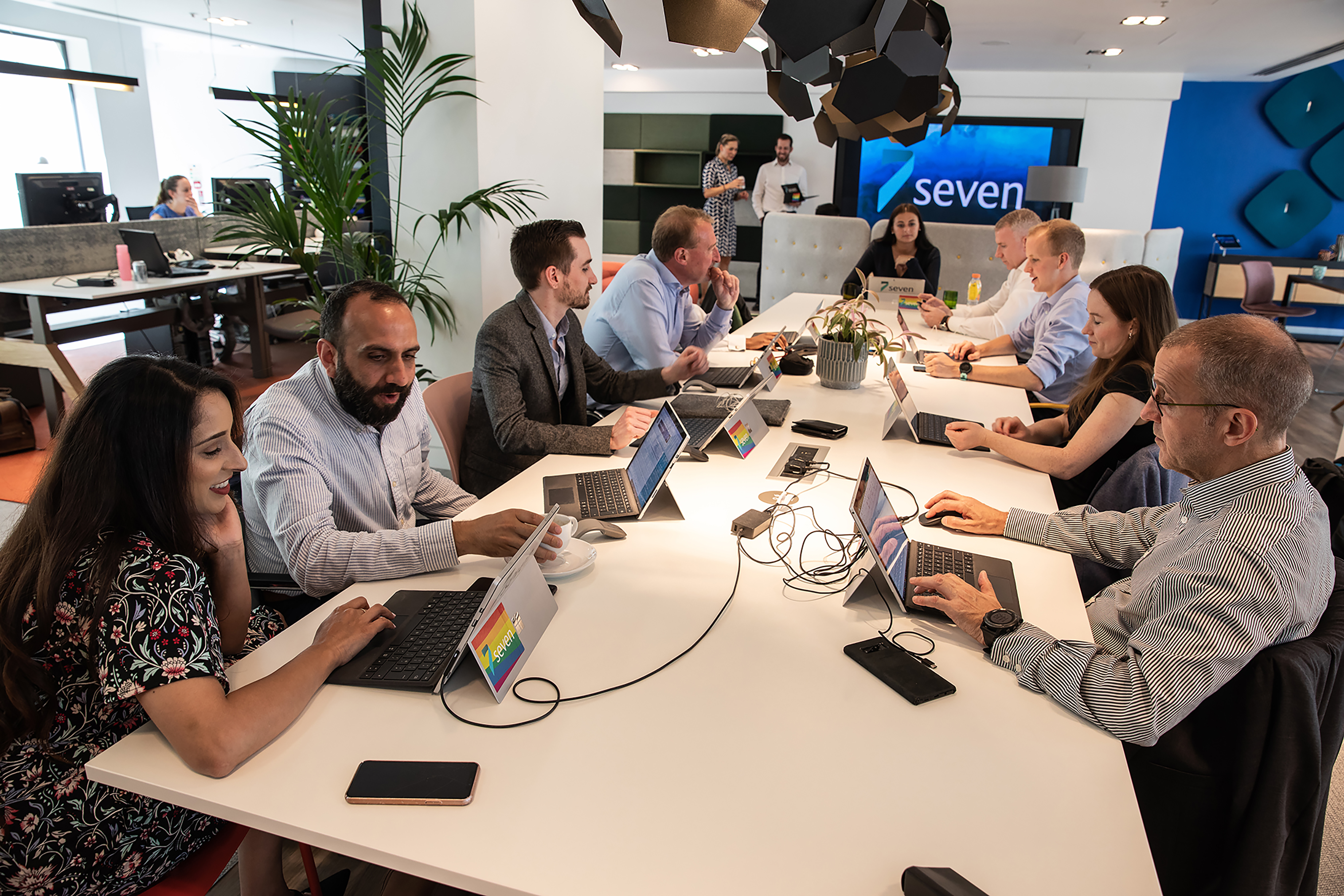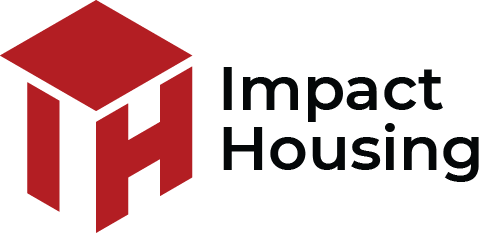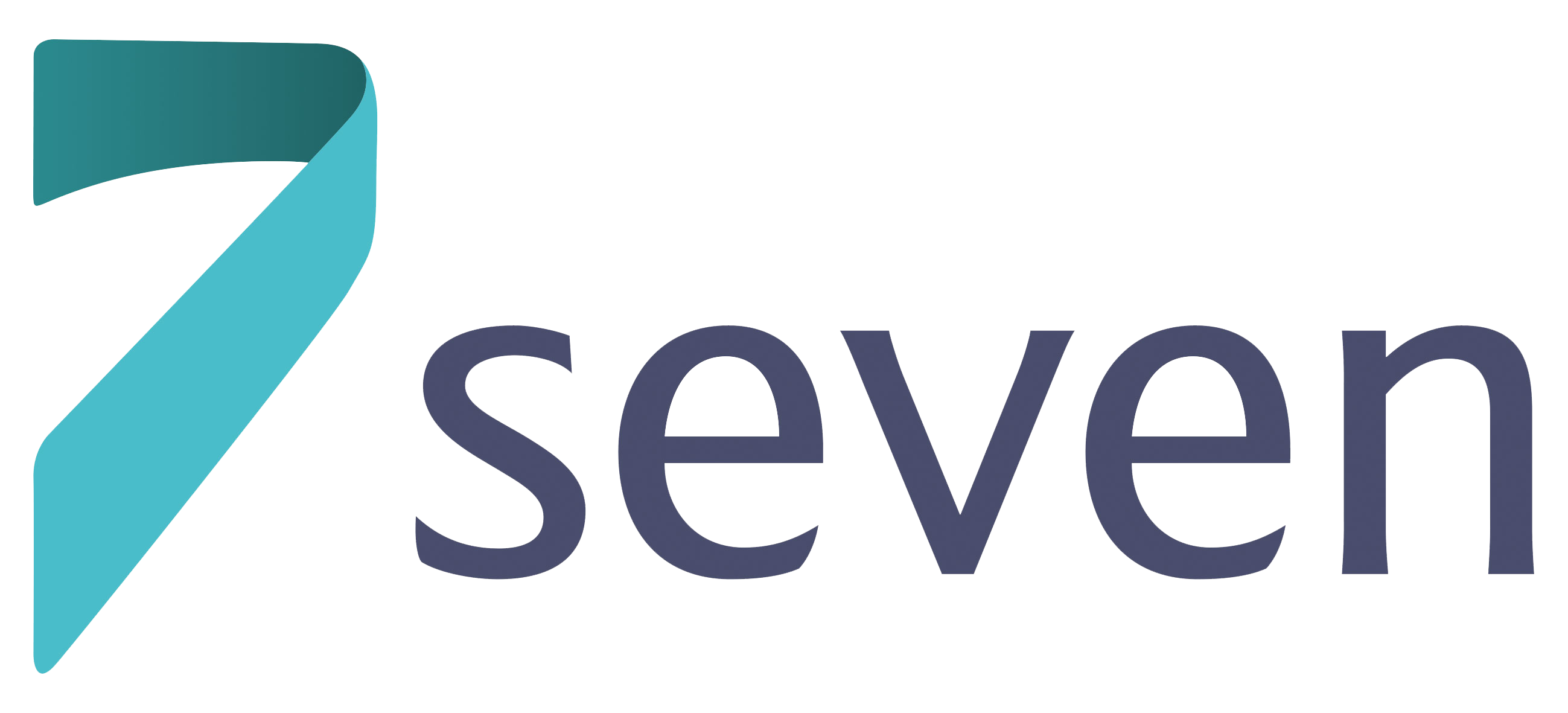
Seven expands business by reducing complexity with Smartsheet
Learn how Smartsheet helped Seven streamline and simplify client-facing business functions and more efficient work practices from the start

"[Smartsheet] has been the differentiator for a number of our customers. They love the way that we’re using technology to drive transparency and collaboration."
A Director at Seven
Seven is uniquely positioned in the global occupier real estate industry. Its team has extensive experience earned at Europe’s most prominent corporate real estate firms, but as a growing, independent company, it has the flexibility to completely reinvent its processes and practices. Smartsheet helps Seven bring fresh thinking, nimble operations, and a client-first focus to its corporate clients.
Seven’s services extend beyond managing the site selection and construction process to encompass organizational change, strategy, and people workstreams. Managing a complex occupier real estate project requires a focused, organized team with members from Seven, other specialist consultants, and various stakeholder groups within the client company.
To keep everyone updated and on track, Seven used to rely on spreadsheets, Word documents, and email, but it quickly became difficult to tell which versions held the most current and accurate information. Anup Patel, a Director at Seven, took charge of finding a project management tool. It had to be quick to learn, efficient to use, and robust enough to manage hundreds of project components without a hiccup.
“We’ve had the benefit of being a brand new company where we’ve come from some of the biggest real estate companies in the U.K. and we knew what we wanted to do,” Patel says. “The minute we tried Smartsheet, we said right, we’re using this; no ifs, no buts, let’s get on with it. I found the tool on a Wednesday; by Friday we’d bought it, and were using it on Monday.”
Patel particularly liked Smartsheet’s range of visualization options; construction teams could rely on their traditional Gantt charts, while organizational change leaders could use options such as card views or tables to make data and progress steps meaningful to their stakeholders.
A key feature was the ability to create critical paths and connect dependencies, ensuring that delays at one stage could be caught and resolved well before they might put subsequent deadlines at risk. Most importantly, Smartsheet can scale to support large numbers of interconnected projects managed by expansive teams.
“One of the main challenges any project faces is that we work with a variety of different stakeholders,” says Olga Pushkina, project manager at Seven. “The project team can have people from over 15 different organizations, and they all do very different things. Alignment is the most important thing. One of the program-side integrations I developed for a global FMCG client has over 400 real estate projects on Smartsheet that we are tracking for them, and 50 different people from four different organizations are responsible for making sure that the data there is updated.”
A key benefit is the fact that not all of those project team members need to purchase a separate license to work with a shared project sheet. That’s important for third-party and clients’ team members who may only have short-term or narrowly defined roles in a particular initiative.
“We have the enterprise license and we control everything. We’re the owners and the admins of the sheets and the workspaces, but the aspect we love is that our project teams can be invited in,” Patel says. “We can assign actions and risks to them; they’re part of the project, and can go in and update their own activities. And they don’t need a license, they just need to log in and do it.”
Smartsheet helped Seven streamline and simplify a variety of client-facing business functions, including:
- Project setup and entry: Seven adds new projects into the system with a unified form that uses automated filtering to send the information to different sheets based on project requirements.
- Data analysis: Formulas allow project owners to calculate financial status or forecasts for projects. They can also be used to assess each team member’s workload and availability for new client projects.
- Reporting and oversight: Dashboards provide visibility for stakeholders at the highest level, with the ability to drill down into fine details.
- Recruiting: Job seekers submit their applications through a form; automated workflows help hiring managers coordinate rounds of interviews and move candidates to the next stage.
Regular project status meetings have been transformed. Patel estimates that a monthly project meeting used to require half a day to gather and prepare the information. With Smartsheet, team members can simply pull current data during the meeting, which adds up to a full workweek over the course of a year that can be spent on client business. And those meetings run more efficiently, saving even more time.
“A typical meeting is an hour; previously you would spend half an hour just going through the last meeting’s minutes because no one had any idea of what’s been updated and who’s done what,” Patel says. “Whereas now we can use that hour to focus on the problem areas because we can see them: that action hasn’t been completed, that one’s red because someone has flagged that risk — let’s use the hour to solve the problem and get that either completed or de-risked. Suddenly, everyone knows that when they come to a meeting with Seven, something is going to get done. We’re not reading the list; we’re solving the problems and moving forward.”
It’s not just meetings that are changing; Seven uses Smartsheet to streamline processes and set up more efficient work practices from the start.
“In my past life people would say, let’s just shoehorn the tool to fit our process,” Patel says. “We actually flip it the other way around; because we understand the tool, we’re able to challenge their processes, make them more efficient and then customize the tool to suit. This has been the differentiator for a number of our customers. They love the way that we’re using technology to drive transparency and collaboration.”
Smartsheet is a key differentiator with potential clients, who are impressed that Seven is using technology to simplify processes and drive transparency. Pushkina describes a recent win with a major nonprofit organization; with its own tech systems outdated and with minimal budget for upgrades, the client jumped at the chance to take advantage of Seven’s resources to manage processes and solve problems it wasn’t well equipped to deal with.
In just a few years, Seven has grown from two founders to over 20 staff, and is on course to continue its rapid expansion. Smartsheet has been crucial to that growth, providing efficient data management, enabling quick insights, and driving individual accountability for their clients.
“We can see when people have been in the tool; we can see when things were last updated,” Patel says. “There’s nowhere to hide for people working on projects. You’re totally accountable for the actions you’ve been assigned to do. That’s been quite powerful to drive behavioral change in project teams.”
